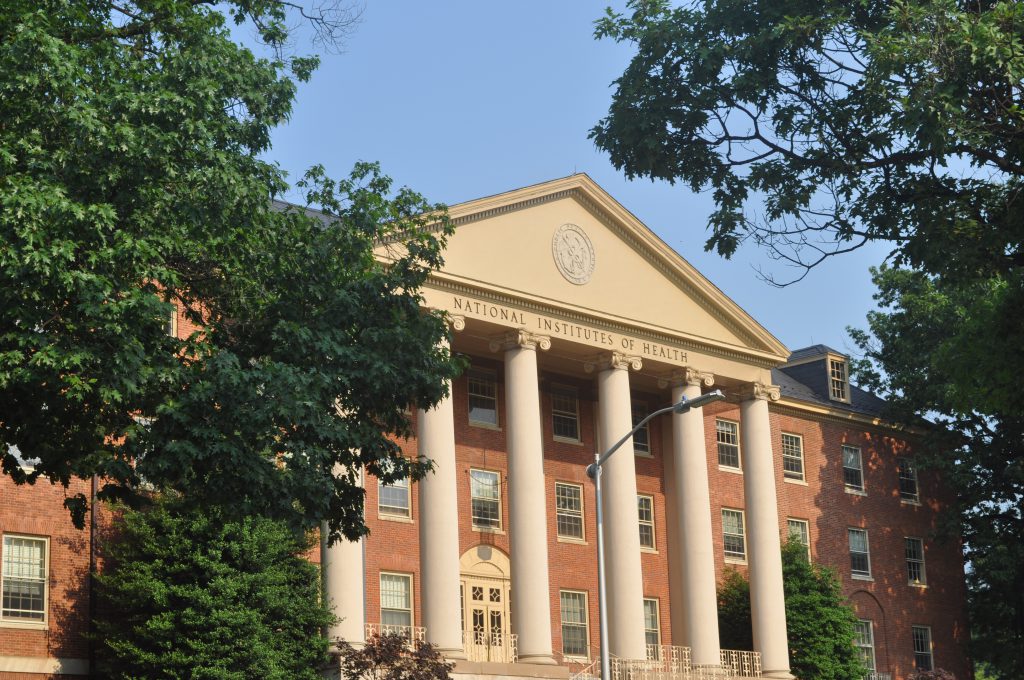NIH Funding Innovative Research on Music and Health
Researchers encouraged to study music health interventions

The National Institutes of Health (NIH) along with the National Endowment for the Arts (NEA) have released a funding opportunity announcement for collaborative and multidisciplinary research into how music interventions can impact health. Due to recent scientific breakthroughs and studies which indicate that music has therapeutic applications, NIH has issued initiatives aimed at:
- Promoting the basic understanding of basic mechanisms through which music is processed by the brain and body.
- Exploring how music impacts normal health and development
- Facilitating rigorous studies of music interventions to treat disease symptoms
The funding opportunity announcement explains that research should involve a team of researchers from several disciplines including behavioral science. Research will be broken up as a phased R61/R33 funding mechanism in which the R61 phase is dedicated to investigating the biological or behavioral factors involved in music interventions and the subsequent R33 phase is dedicated to supporting the development and implementation of music interventions through clinical trials.
Scientists from multiple disciplines are invited to form research teams and apply for this funding opportunity. Behavioral scientists should play an integral role in any team studying the basic behavioral processes underlying music intervention. NIH notes that little to no preliminary data are required to apply for this opportunity.
NIH will begin accepting applications on September 2, 2020 and will continue to accept applications submitted by various due dates through June 2, 2023.





APS regularly opens certain online articles for discussion on our website. Effective February 2021, you must be a logged-in APS member to post comments. By posting a comment, you agree to our Community Guidelines and the display of your profile information, including your name and affiliation. Any opinions, findings, conclusions, or recommendations present in article comments are those of the writers and do not necessarily reflect the views of APS or the article’s author. For more information, please see our Community Guidelines.
Please login with your APS account to comment.